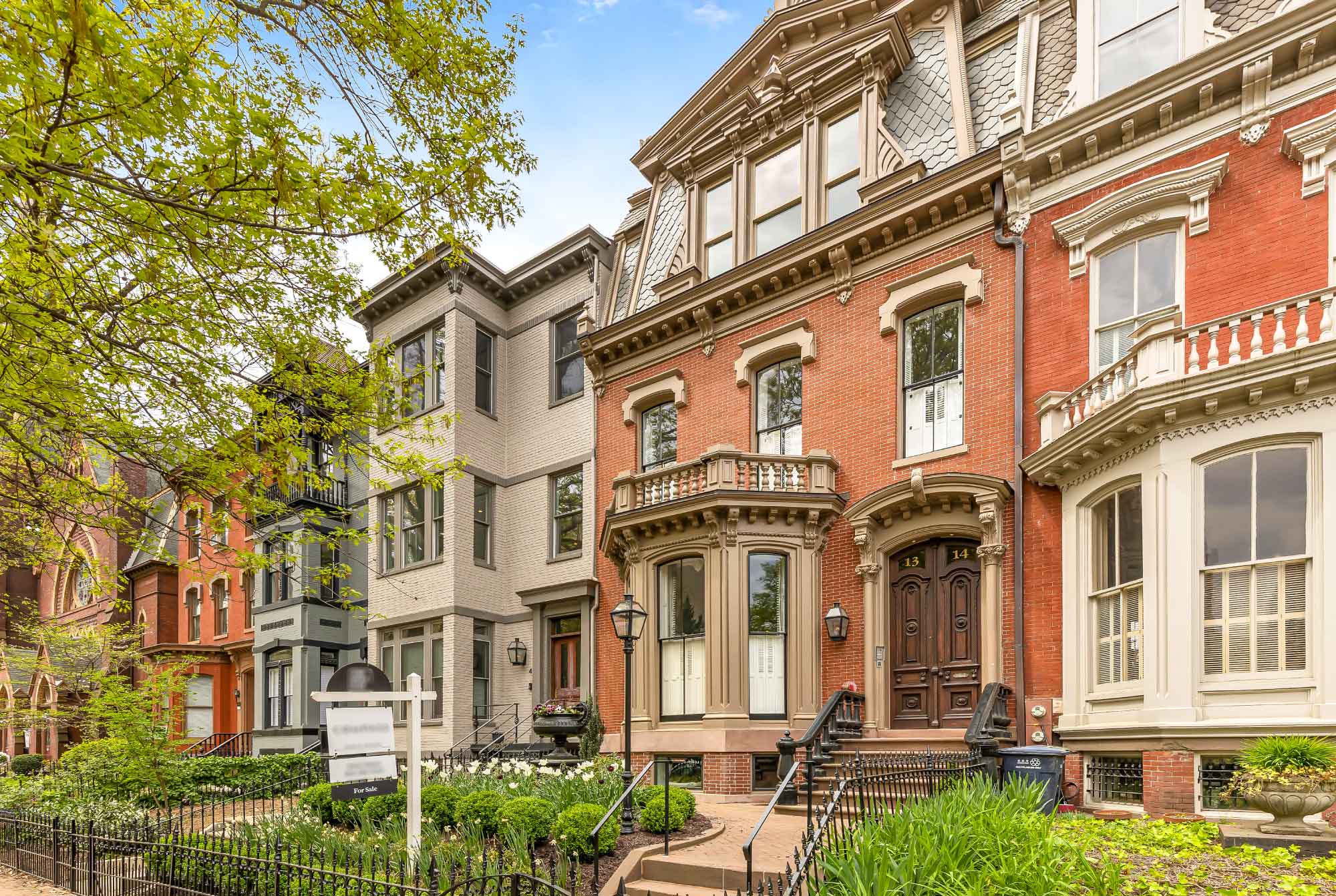How To Buy A House In DC From Out Of State

Buying a home is intimidating enough as it is, but if you’re looking to buy a house in DC when you live out of state, the stakes are even higher.
Whether your motivation is to move closer to family, invest in a second home, or take advantage of the today’s remote work environment, there are many reasons you may be looking to relocate to the DC area.
Keep reading for some tips to get started!
#1 Take Stock Of Your Finances: Whether you’re a first-time homebuyer and relocating or selling your current home to move out of state, you’ll need enough funds for a down payment — the amount of which depends on home prices in your new state and the kind of mortgage you plan to get.
#2 Compare Cost Of Living: The housing market in your new state could be cheaper or costlier than where you currently live, so explore the local market to get a sense of what homes are going for. One good place to start is the local or regional Realtor association, which typically publishes the latest home price data.
#3 Know The Neighborhoods: If you don’t already know which neighborhood you want to buy a home in, consider what’s important to you in a community, such as the schools, public transit or walkability. Have an understanding of the school district boundaries, too. With a quick search, you can find several websites with neighborhood rankings and information, and for an insider’s perspective, check out local Facebook groups or Nextdoor.
#4 Pay Attention To Local Real Estate Laws: Property and real estate transaction laws can vary by city, county and state. Your new city could have different rules (or even definitions) regarding disclosures, for example, or zoning variances, inspections, deeds and property lines.
➤ Thinking about buying a home in the DC area? Read these other blog resources to help you get started:
- Investing In Your Future: Why You Should Buy Your Next Home, Not Rent It
- The Key to Successfully Buying Your First Home With No Down Payment
- What to Know Before Buying a Home in DC
#5 Find An Agent: While you’re in the process of researching your new city, we recommend finding a real estate agent you can trust — especially if you’ll be relying on your agent to handle much of the home-buying process remotely.
#6 Secure A Mortgage: Begin by comparing mortgage lenders licensed in your new state, since your own bank might only operate in your current state or in a certain region. Consider the lender’s rates and fees, as well as what’s important to you as far as experience. For instance: Do you want to be able to visit a loan officer in person? Apply through an app? Close within a certain timeframe? Reviewing a lender’s overall customer satisfaction or “best of” rankings can help you narrow down your options, too. You can learn more about mortgages right here.
#7 Get An Inspection: A home inspection is an examination of a home’s condition and can help you identify any areas in need of repair or decide whether to move forward with the purchase. Your real estate agent can connect you with a local home inspector in your new state, but you’ll be responsible for paying for the inspection. The cost can vary from location to location, as well as by the age and size of the home.
#8 Find The Right Movers: While it’s possible to manage a long-distance move yourself, buying a house out of state AND coordinating all the details isn’t quite as easy as it sounds, so it’s best to hire a reputable moving company to offer some much-needed support. When researching movers, it’s best to compare at least three companies and read through reviews to verify their credentials as well as insurance.

Put Us To Work For You
Book a consultation with our team today.








